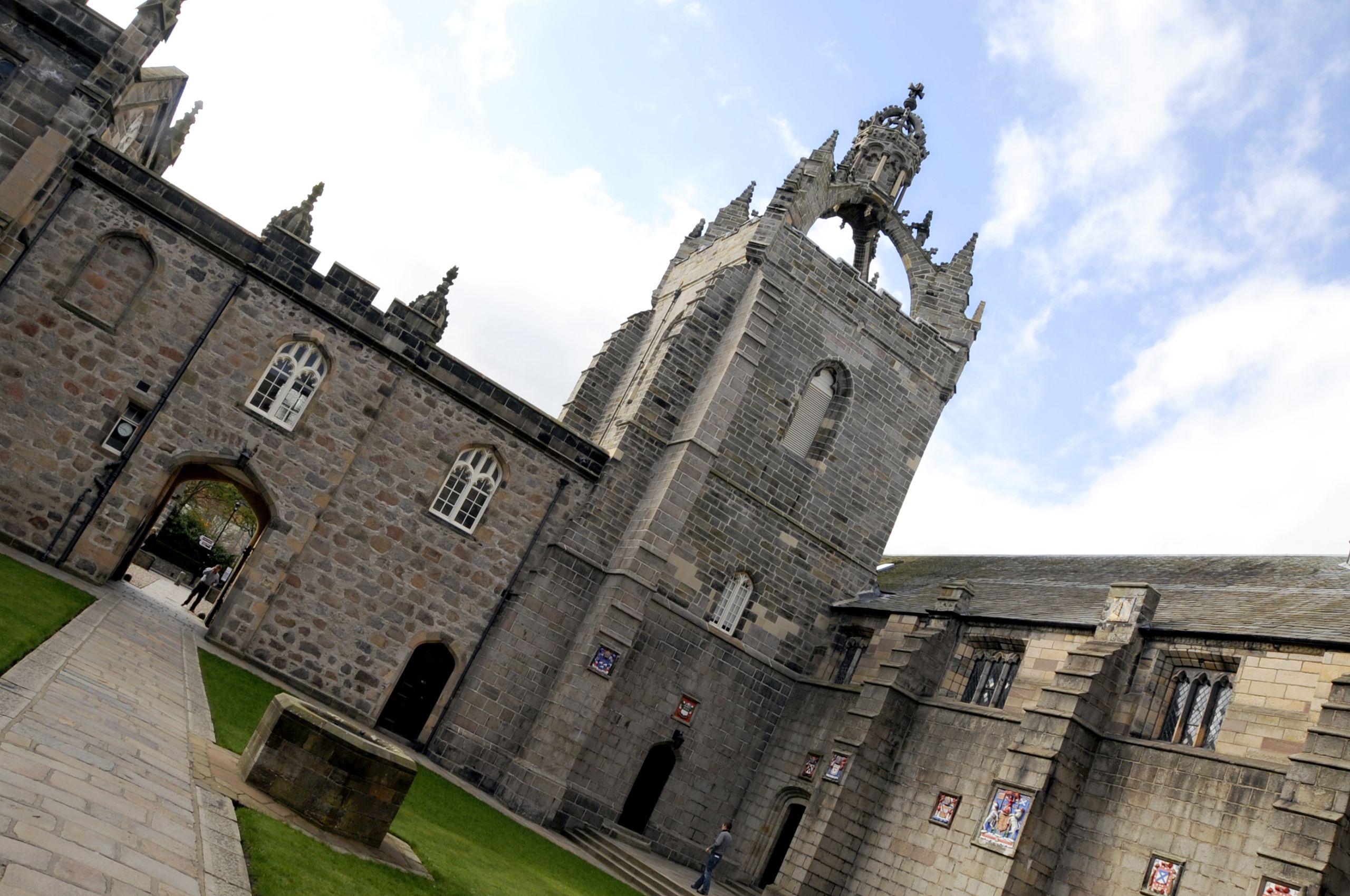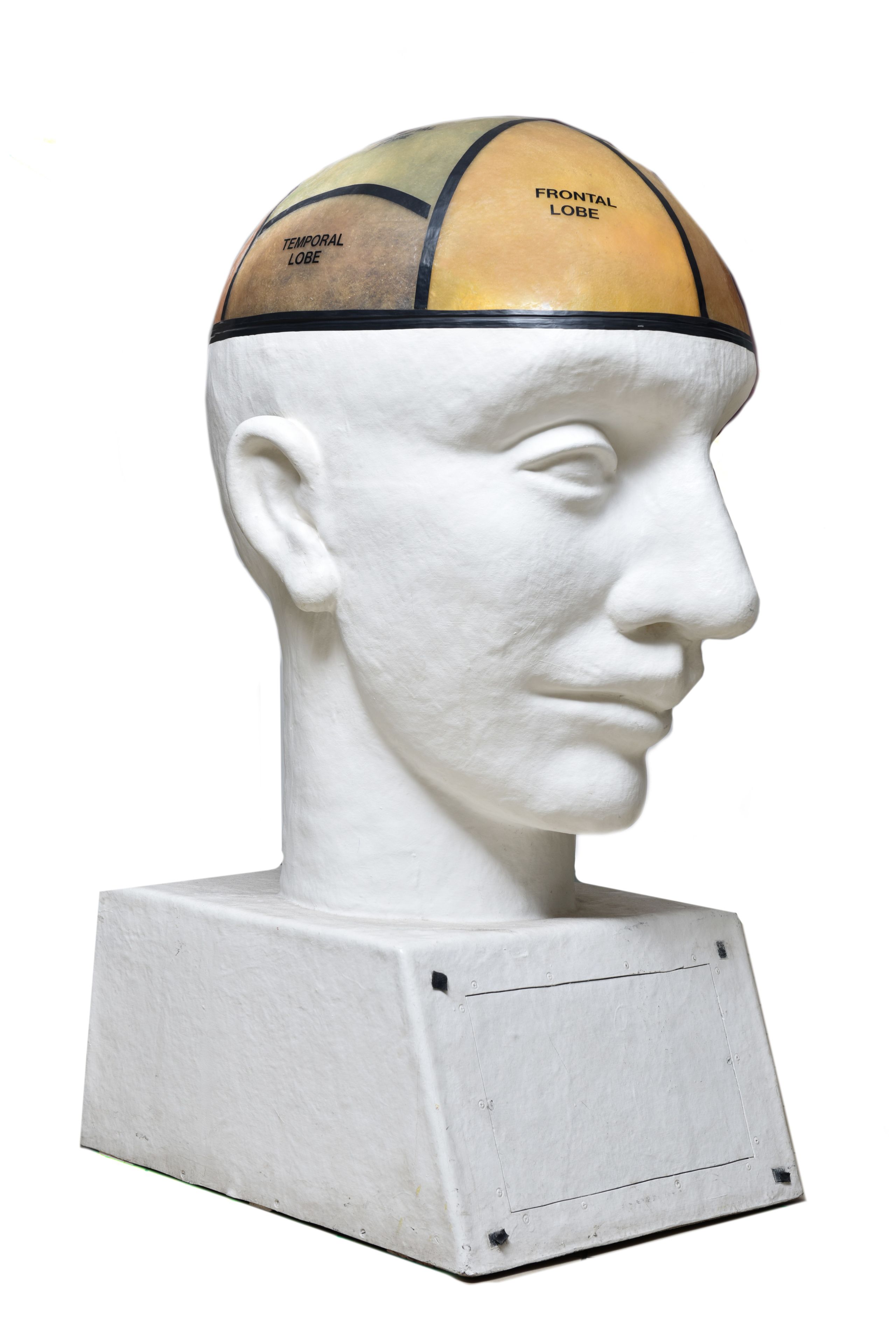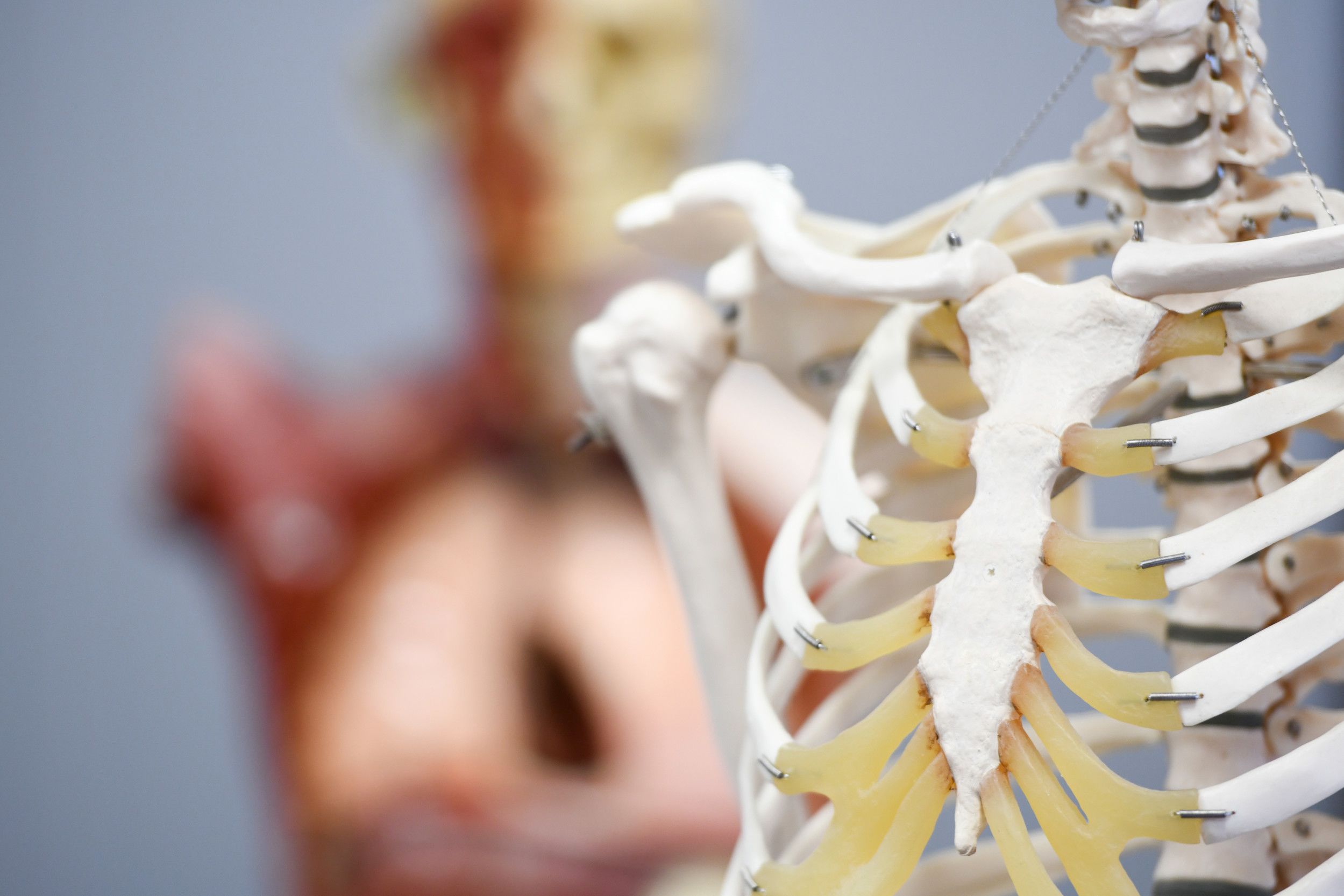Giving potential
the chance to shine
Widening Access: Student voices

The University hit the headlines last year with its pledge to double the number of students it recruits from disadvantaged backgrounds. But this is just one example from a host of initiatives that aim to ensure a University of Aberdeen education is open to all.
We speak to three people whose experiences are testament to the opportunities created by the University’s work to widen access to higher education…
James Short
Electrical and Electronic Engineering

Making the jump from college to university was so challenging for James Short that he decided to help others in the same position.
James, who graduated with a MEng in Electrical and Electronic Engineering last year, helped set up the University’s Engineering Summer School, a free programme to prepare college graduates for university life.
James entered the 2nd year of his degree programme having easily passed an engineering HND. However, the realities of higher education soon hit home.
“The transition was very challenging in many ways, and not just the coursework,” he explained. At college you might have one or two lecturers, with the same group of classmates, with classes blocked together over two or three days.
At university you’ve got tutorials, lectures, labs – when I first printed off my timetable I had classes nine to five, Monday to Friday. Not only was the structure massively different but there is a huge jump in the academic level – in mathematics especially. It was scary stuff, and I simply wasn’t prepared for it.”
Getting to know his new classmates, it was apparent there were others in the same position, which led to discussions with Sally Middleton, the University’s Higher Education Progression Routes Manager, about what could be done to help.
“Sally and I started talking about the possibility of putting on a summer school, but we had to make a case for it."
“We had two years of grades-based data on people who went straight into 3rd year of an engineering degree from an HND course, and it was clear that although they were coming out of college with really good grades they were really struggling, especially with maths."
“I knew this already from my own experience but the data made it clear.”
Having demonstrated the potential benefits, the Engineering Summer School launched in 2016.
With free accommodation at halls of residence provided, students spend two weeks on campus immersed in university life, taking part in lectures and seminars, and developing key skills – including in mathematics – that will help them hit the ground running.
“Straight away it was a huge success – the vast majority of the people who did it in the first year are thriving now.”
Now training to be a college lecturer, James is proud of his role in setting up the summer school, which also helped set him on his current career path.
“I get a real joy out of helping people, especially those who might be going through the same challenges as I once did.”



Marta Lopes
Psychology

Going the extra mile to achieve her ambitions has been a hallmark of Marta Lopes’ learning journey, starting in school when she had to travel elsewhere to study towards her Highers.
A shortage of teachers meant she had to travel to other schools in Aberdeen for classes, surrendering free time that most pupils take for granted.
A recent MA Psychology graduate, Marta came to university after receiving a contextualised offer that required her to pass a six-week summer school programme that mimics first year.
For Marta, putting in the extra effort once again paid dividends.
“The summer school made the critical difference because I fell short by just one grade in my exams” she explained.
An advocate for greater information sharing on widening access initiatives, Marta has accompanied Principal George Boyne on visits to local schools, speaking with pupils and teachers about the options open to them.
“For many pupils there are things outside their control that can negatively impact on their performance at school. They need to know that these issues are taken into account and that applications are viewed as a whole.”
“It’s important that teachers and pupils know that getting to university isn’t just about grades, even though that is important.”



Seb Siegrist
Medicine

Living alone after failing his Higher exams and unsure of what direction to take, Seb Siegrist lost all confidence that he would ever fulfil his ambition of being a doctor.
In foster care since 14, Seb had struggled through his teenage years, a consequence of a difficult upbringing where money was scarce.
But a love of science, and for helping people, led him to the University’s Gateway2Medicine pre-medical studies course, and a path to a brighter future.
“I wanted to be a doctor from a young age but then I hit a barrier, apathy set in and I failed my Highers,” he explained. “I thought that was it for me.
“I studied applied sciences at college and through that I discovered there was a chance to get into the pre-med course. I worked hard on my application and interview, and when I was accepted it was such a big deal.”
As a medical student, Seb is among the first scholars to benefit from a £270,000 donation from The Cormack Family Foundation, set up by Aberdonian businessman Dave Cormack to help students from widening access backgrounds.
“The support I receive through the scholarship makes a huge difference. I’ve no parental help, but I’m lucky that along the way I’ve had tutors and people supporting me.
“My ambition is to work in acute medicine – when I was struggling, getting into medical school was the most difficult thing I could imagine. Acute medicine is the most difficult thing I can imagine doing now.”





